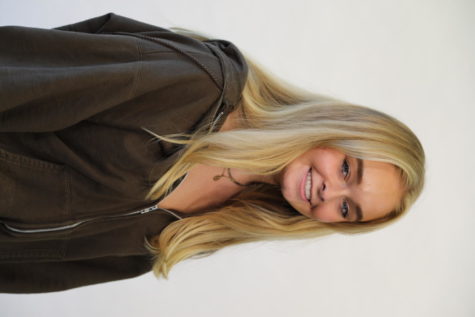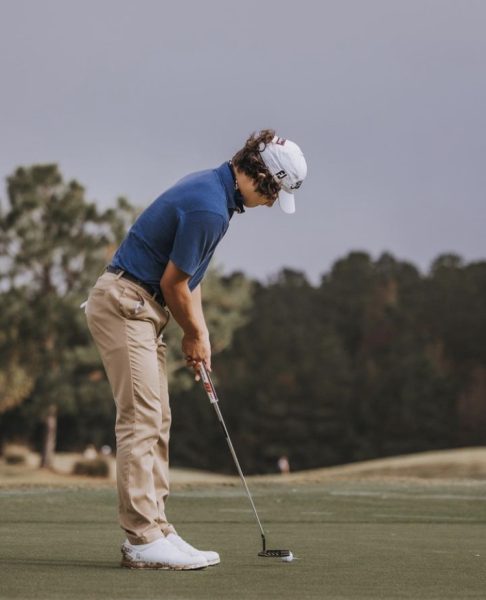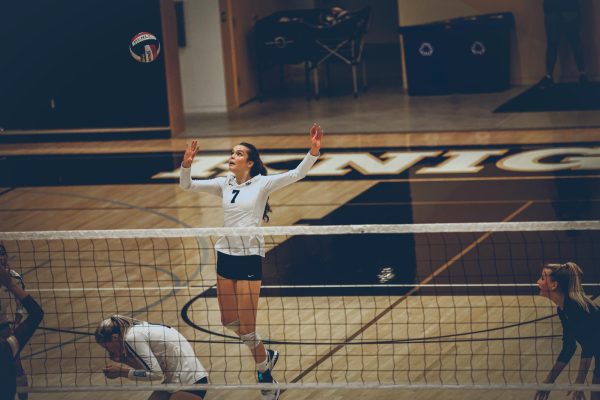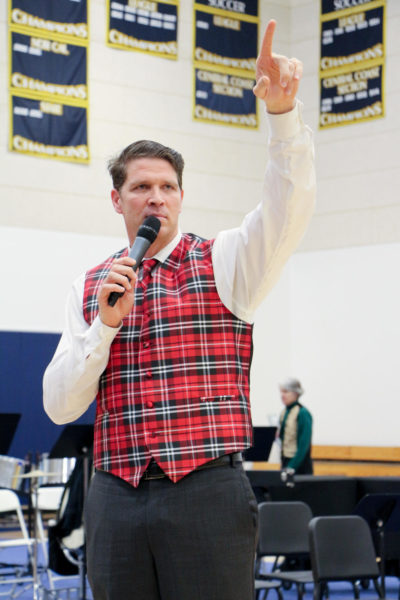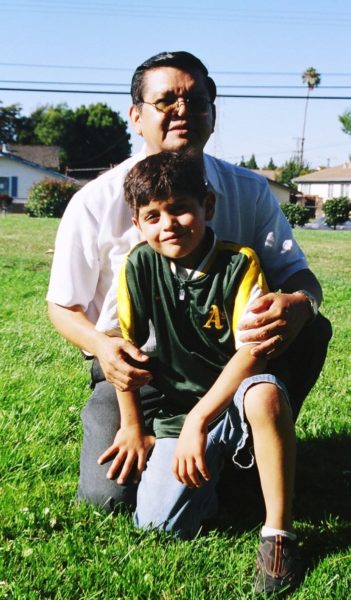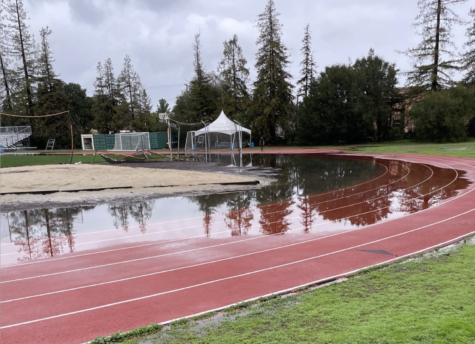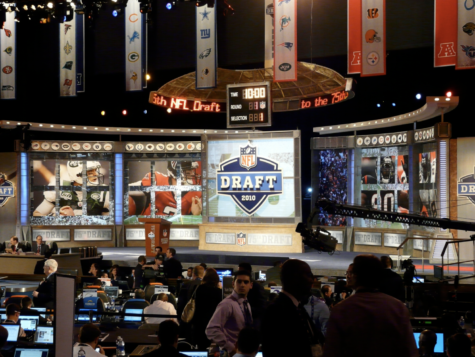Sex Ed and Sexual Health at Menlo: Opinions Vary on Discussion of Sex and Hookup Culture in “Call Her Daddy” Podcast
March 25, 2021
This story is the last in a seven-part package about sex ed and sexual health at Menlo. It also appeared in the March 2021 47.4 print edition of The Coat of Arms.
———
From the time the “Call Her Daddy” podcast got its start in 2018, it has released 110 episodes and reached number one on the iTunes podcast charts. Whether it be the humor, sex advice, stories or drama, the podcast’s fans praise it for a variety of reasons. However, opinions vary on how sex and sex culture is talked about in the podcast.
Senior Sabette Grieve first listened to “Call Her Daddy” around her sophomore year after a friend recommended it and loved it. “I thought it made me feel super good about myself and was super funny,” Grieve said. “[I liked] how open they were talking about things that people at school or in my family would normally think are really taboo […] I think they actually do give really good advice.” While the podcast has changed over time, recently having a split between the two co-hosts, Alex Cooper and Sofia Franklyn, Grieve still feels that “Call Her Daddy” and one of the hosts’ new, similar podcast, “Sofia With an F,” are good for both advice and entertainment.
A junior girl found out about “Call Her Daddy” from some older friends. “I originally loved ‘Call Her Daddy,’ and I totally got why everyone was obsessed with it,” she said. “I felt like I was in a conversation with them, and talking about sex in a casual and funny way was different.” Although she still enjoys the non-traditional conversation about sex that strays from the more “medical” way it had been discussed in school and at home, the junior girl’s all-positive opinions have changed. Since the two original hosts split into their own separate podcasts, she has begun to recognize some misogynistic aspects of the dialogue. “It seems more forced and blatantly misogynistic with one host, as there’s no one calming her down,” she said.
Grieve does take issue with the way sex culture is talked about in the podcast, referencing episodes where the hosts talk about the cruelty that can be involved in social scenes, especially around attractiveness. Whether comments such as that one are joking are not, Grieve feels that the podcast is still telling the truth about [party and sex culture in college and after.] “I think that it sucks because what they’re saying is true, I don’t think they can [change] the culture,” Grieve said. “I think they portray [sex and hookup culture] in a truthful way, but it’s the culture itself that’s bad.” The junior girl agreed, saying that “Call Her Daddy” tells it like it is. “It shows what dating culture is rather than what it should be,” she said.
Grieve also notes that some people may have a harder time listening to sex culture talked about in such a blunt way. “It takes a certain type of person [to hear about sex and hookup culture in the way they talk about it],” Grieve said.
A junior boy said that he has heard about “Call Her Daddy” from friends and the internet, but hasn’t listened in depth. He adds that the things he has heard about the advice they give and stories they tell seem controversial. “It does seem entertaining, but at the same time I wouldn’t take their advice about dealing with sex culture,” he said. “Friends have recounted some stories to me, and [it] seems to display sex in a misogynistic light.”
A sophomore girl started listening to “Call Her Daddy” over the summer when a friend recommended it. “I thought it was definitely entertaining […] but also kind of degrading,” she said in an email to The Coat of Arms. The sophomore girl agrees that the host is not the kind of person she would take advice from. “I assume her main audience is [teenage] girls,” she said. “The podcast doesn’t have a realistic perspective on sex and sex culture for younger people, and I think it kind of enforces the idea that you shouldn’t care about the other person’s feelings.”
The junior girl added that “Call Her Daddy” is both a good and bad way to be exposed to sex culture. Like Grieve, she thinks that the podcast has made discussion more open. “[The things they say] are so shocking that it has completely de-stigmatized [talking about sex for me],” she said. However, she also notes that it shouldn’t be people’s main source of education on the topic. “I think what people have to realize is that it’s an entertainment podcast, not one about health and wellness,” she said. “Some tips they give could be useful, but in terms of morals and how you should think about yourself and others, the things they say could be harmful.”


